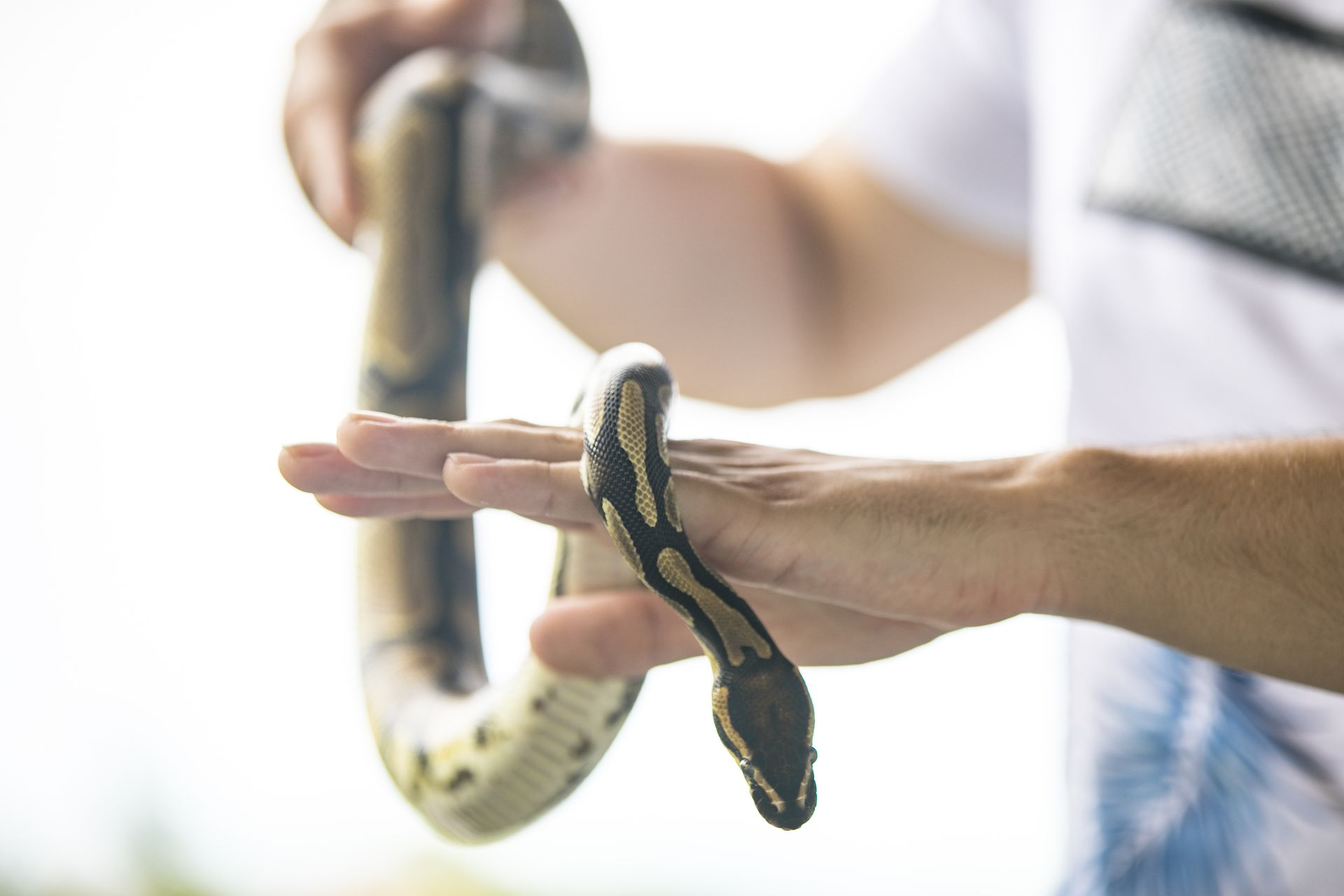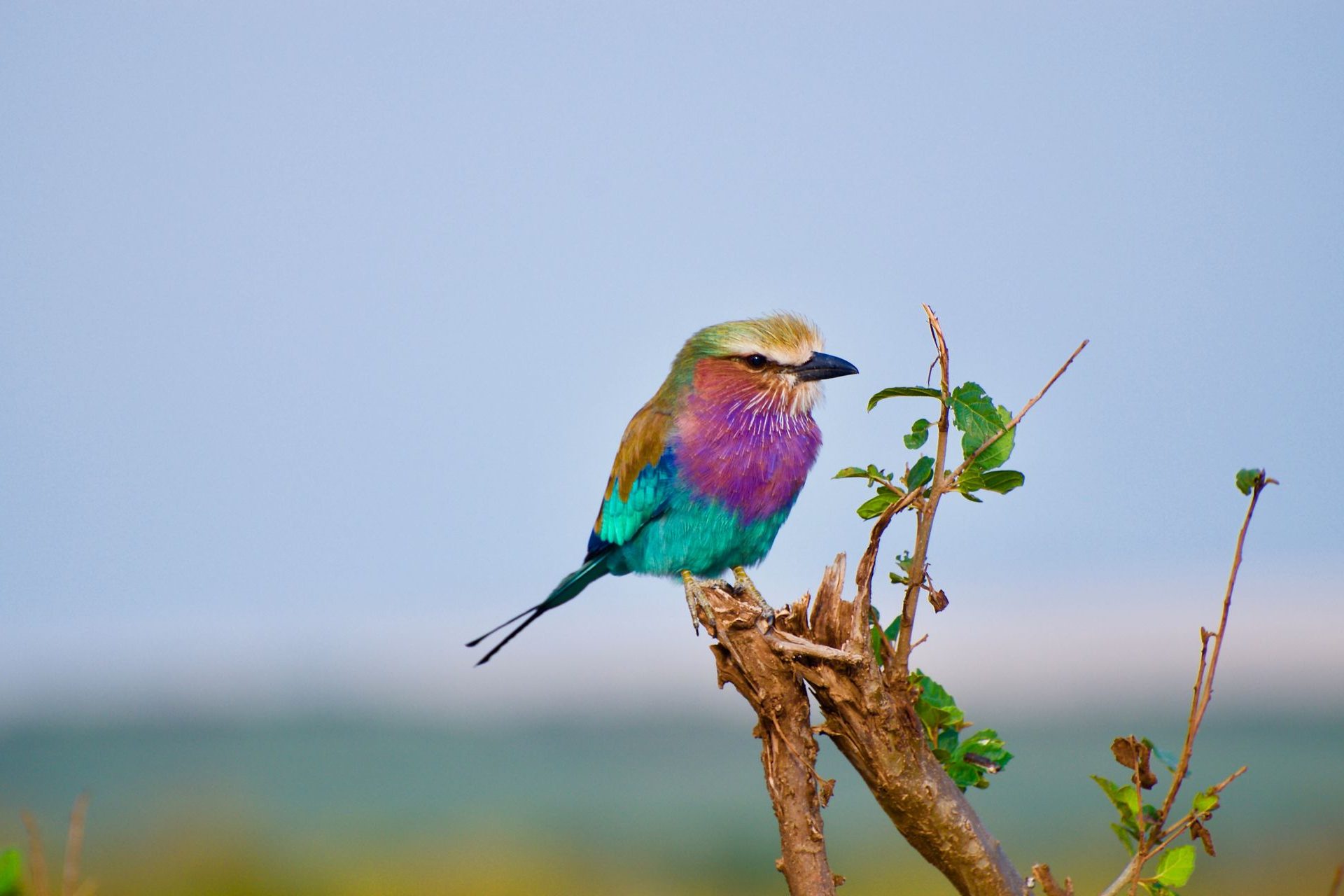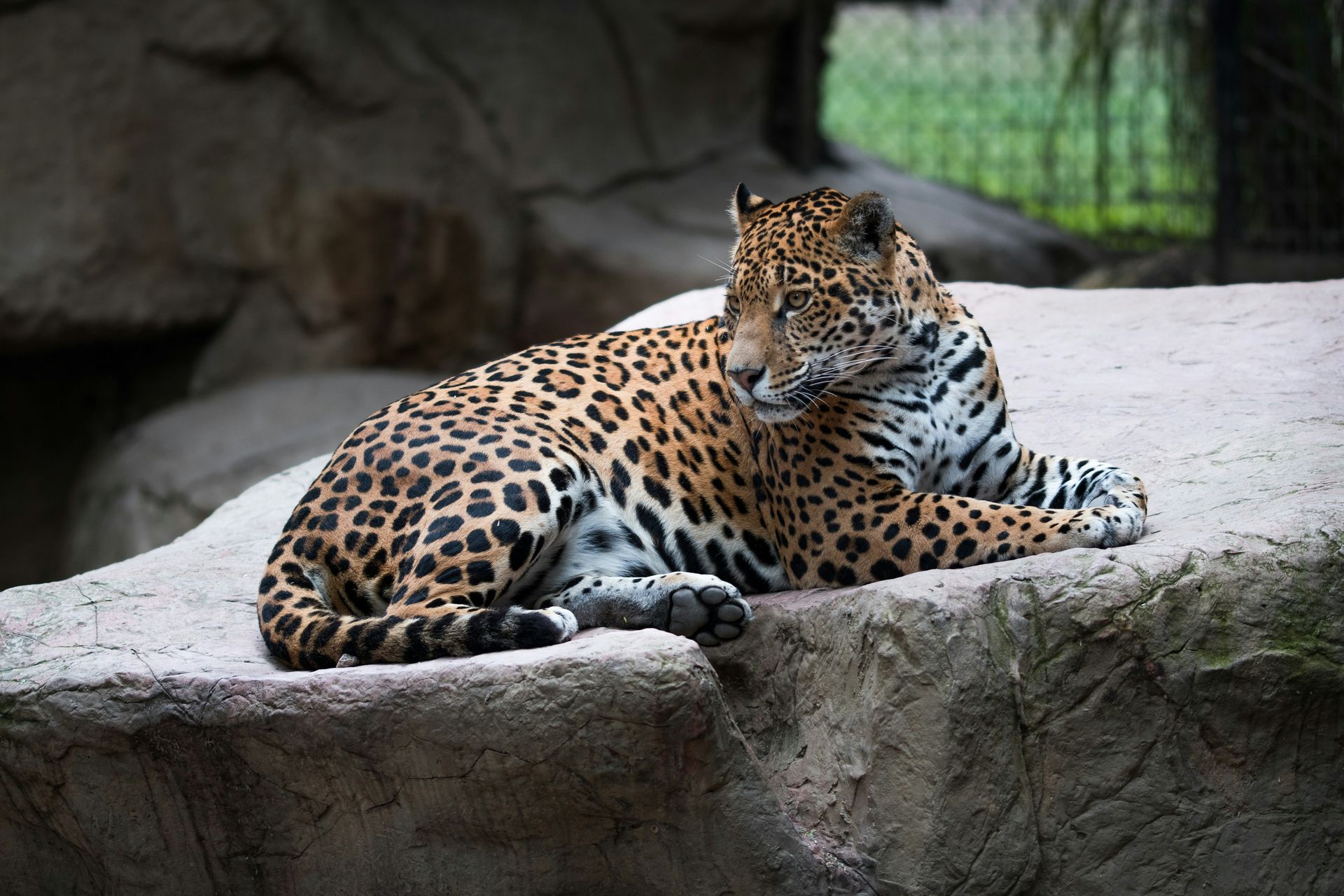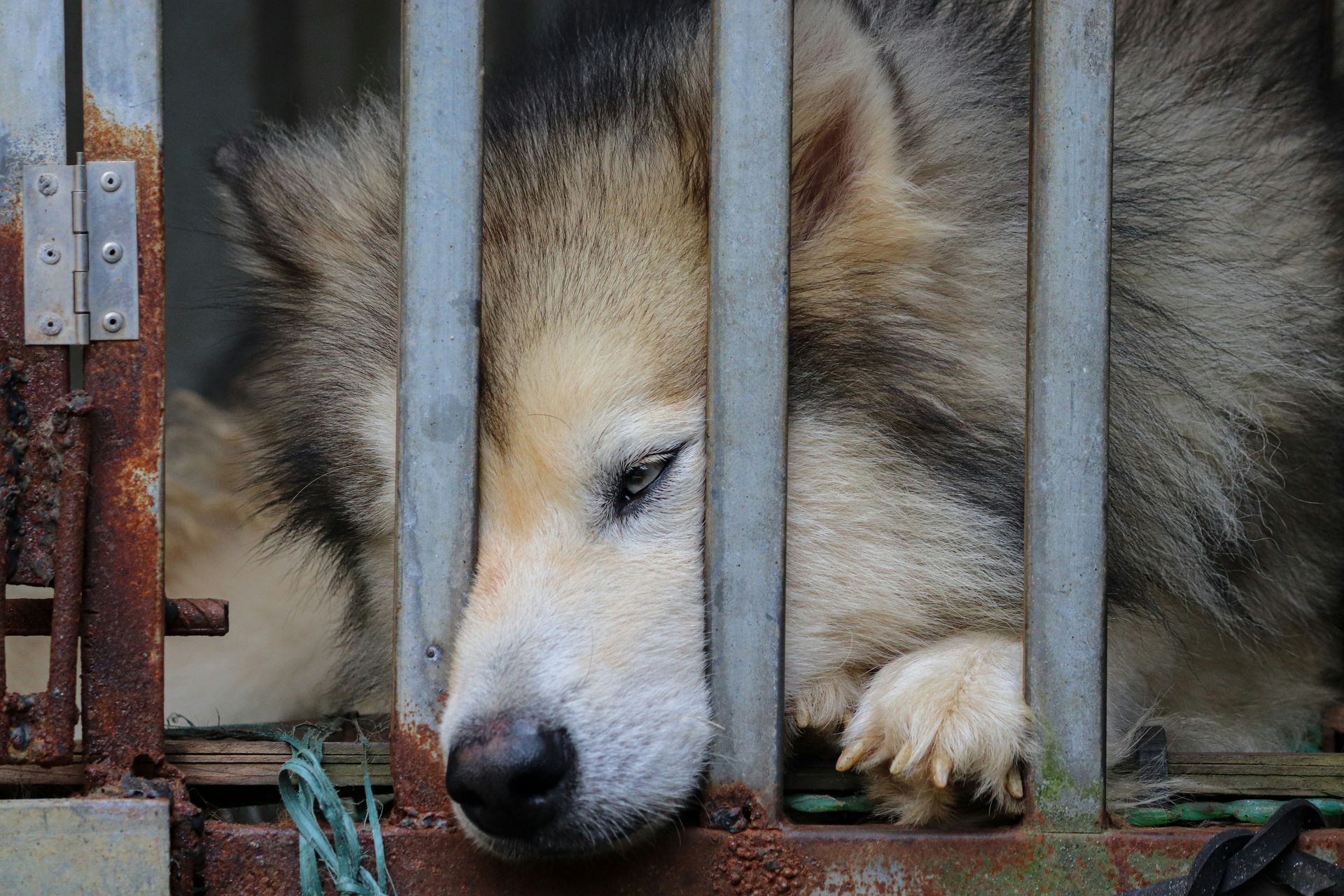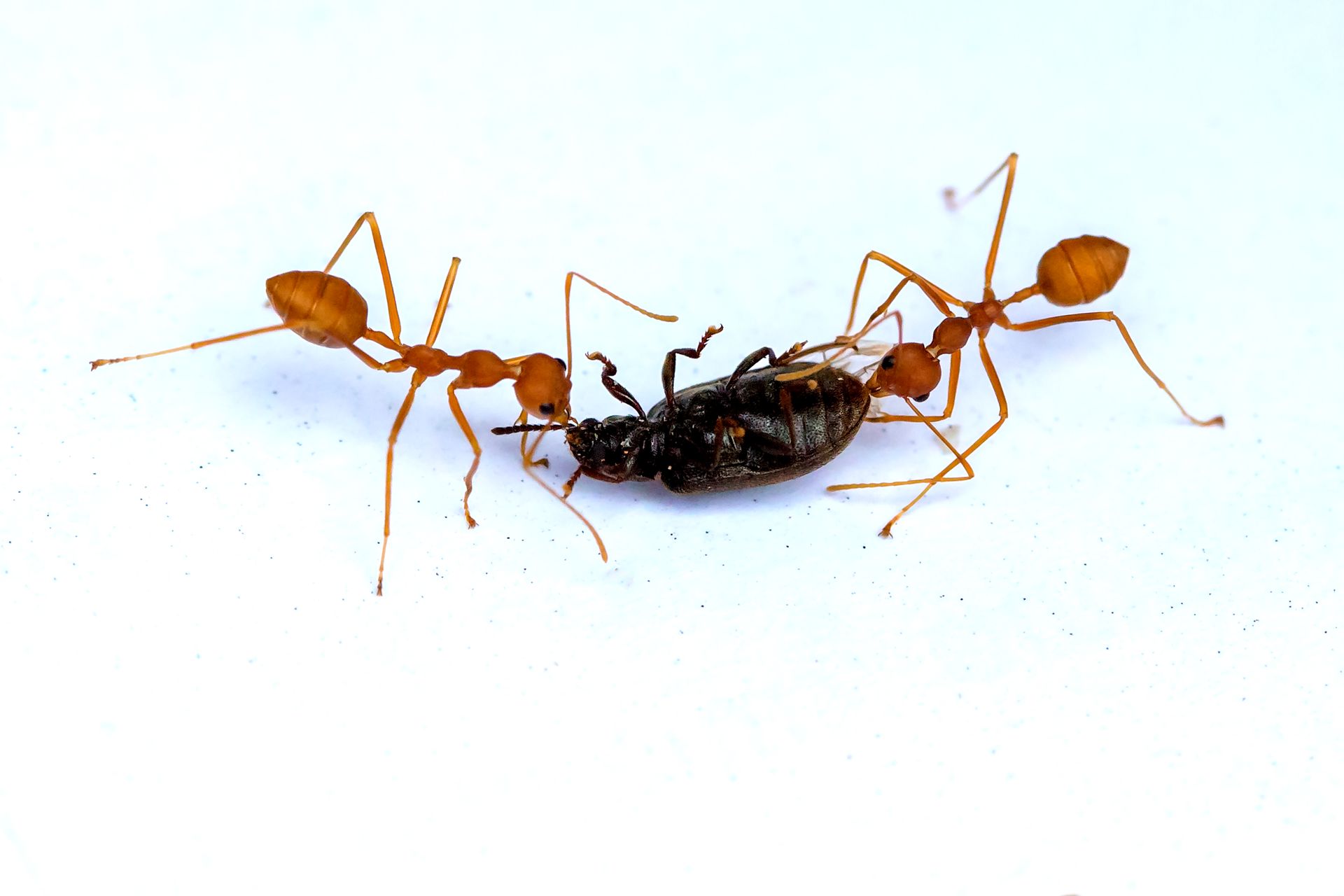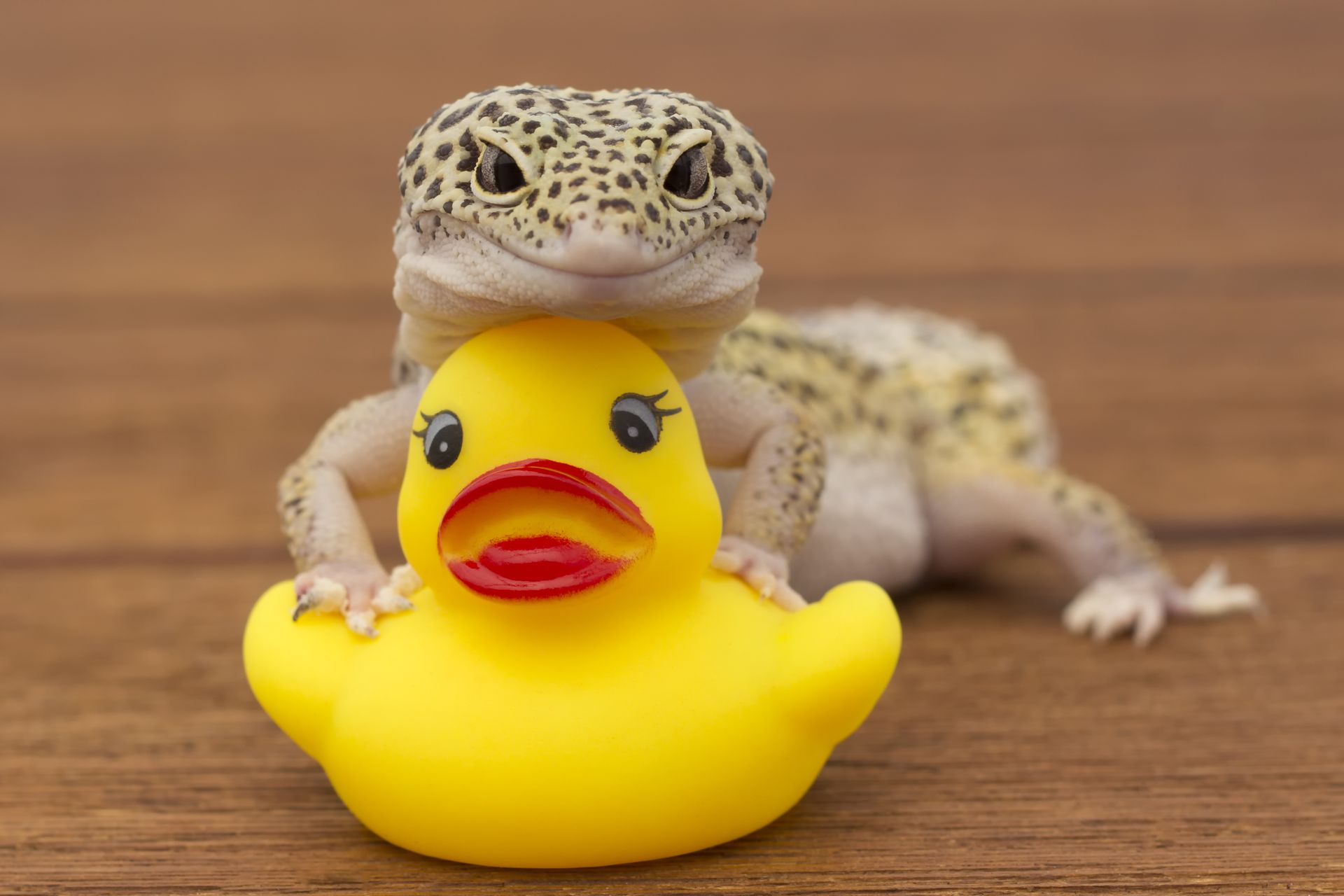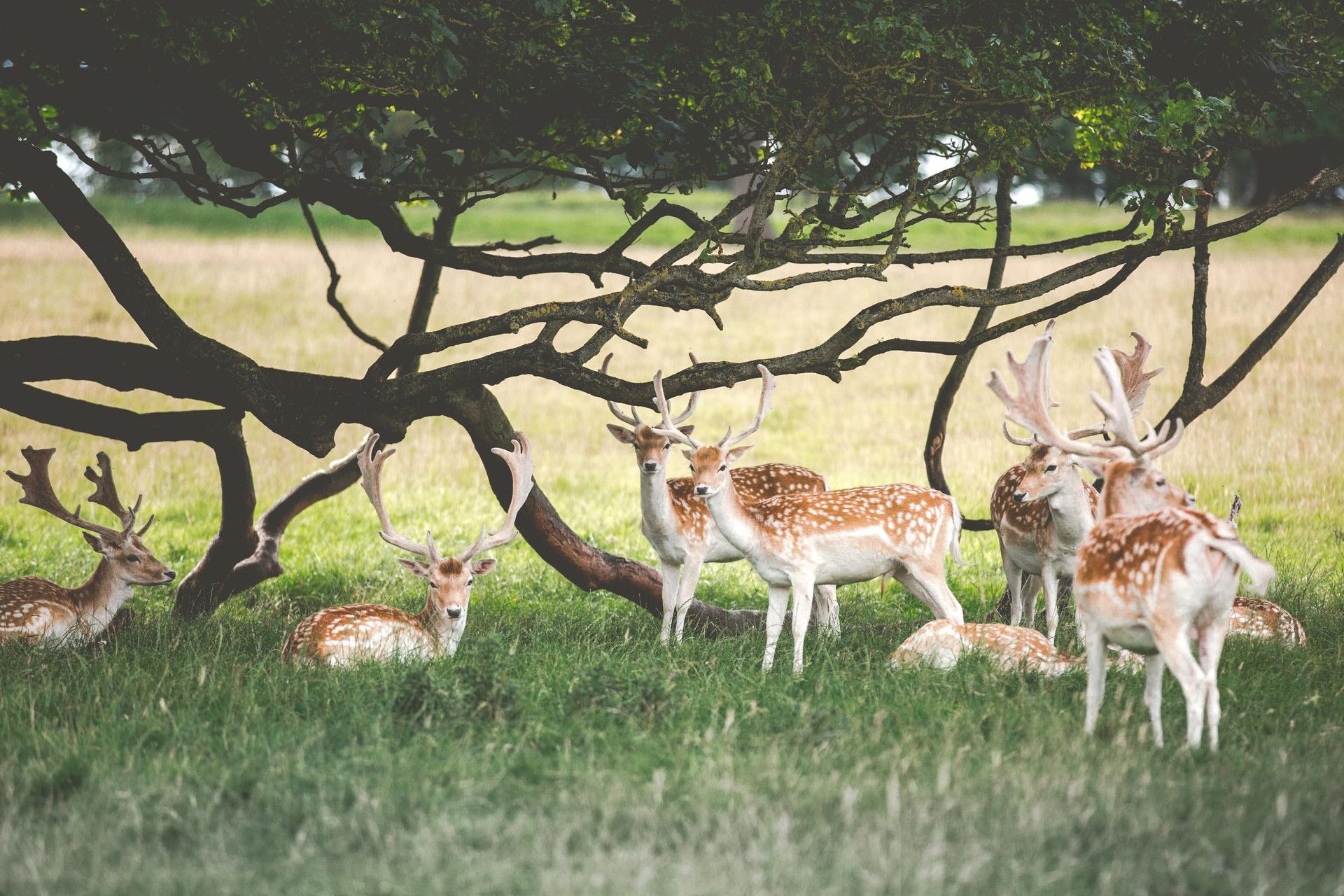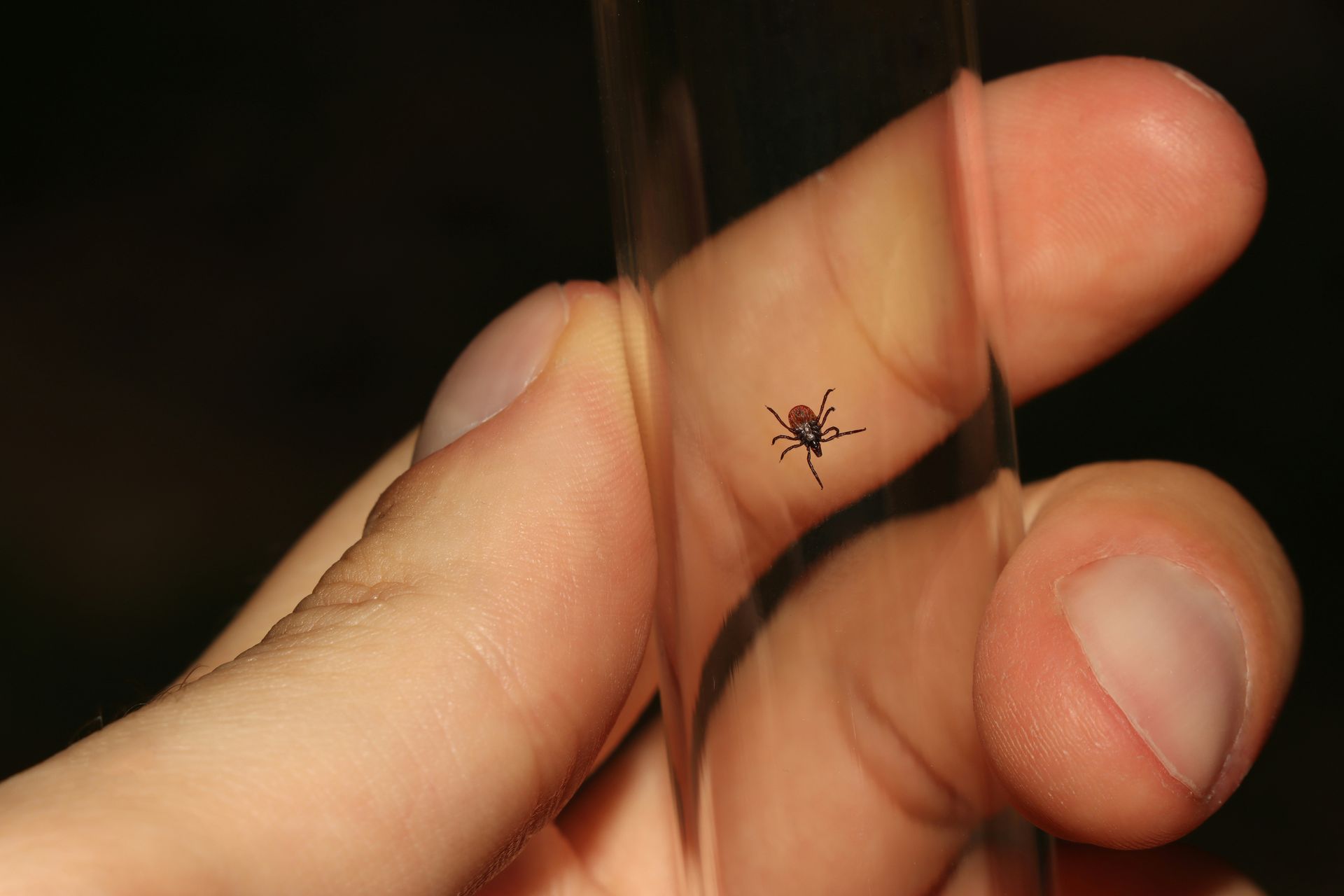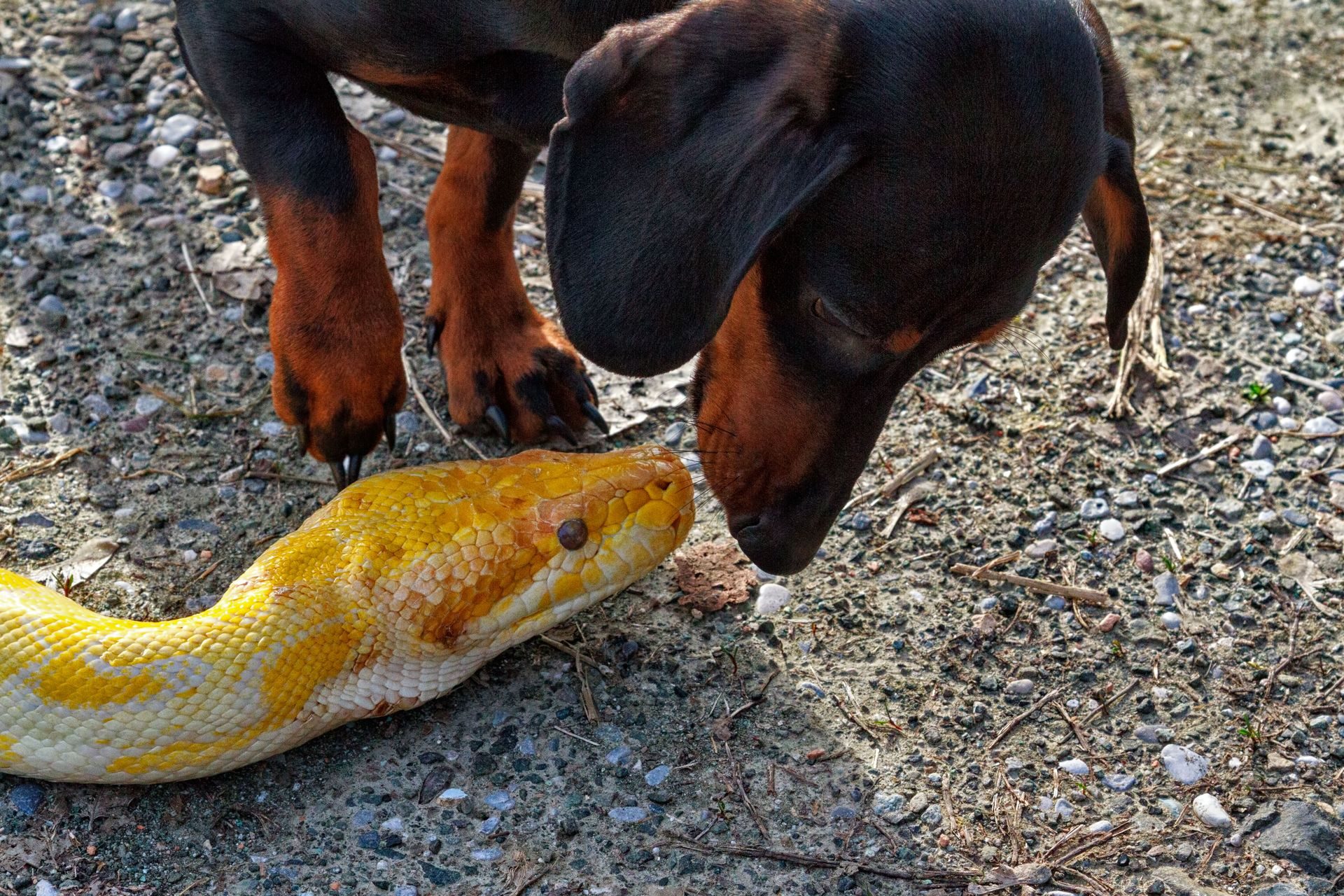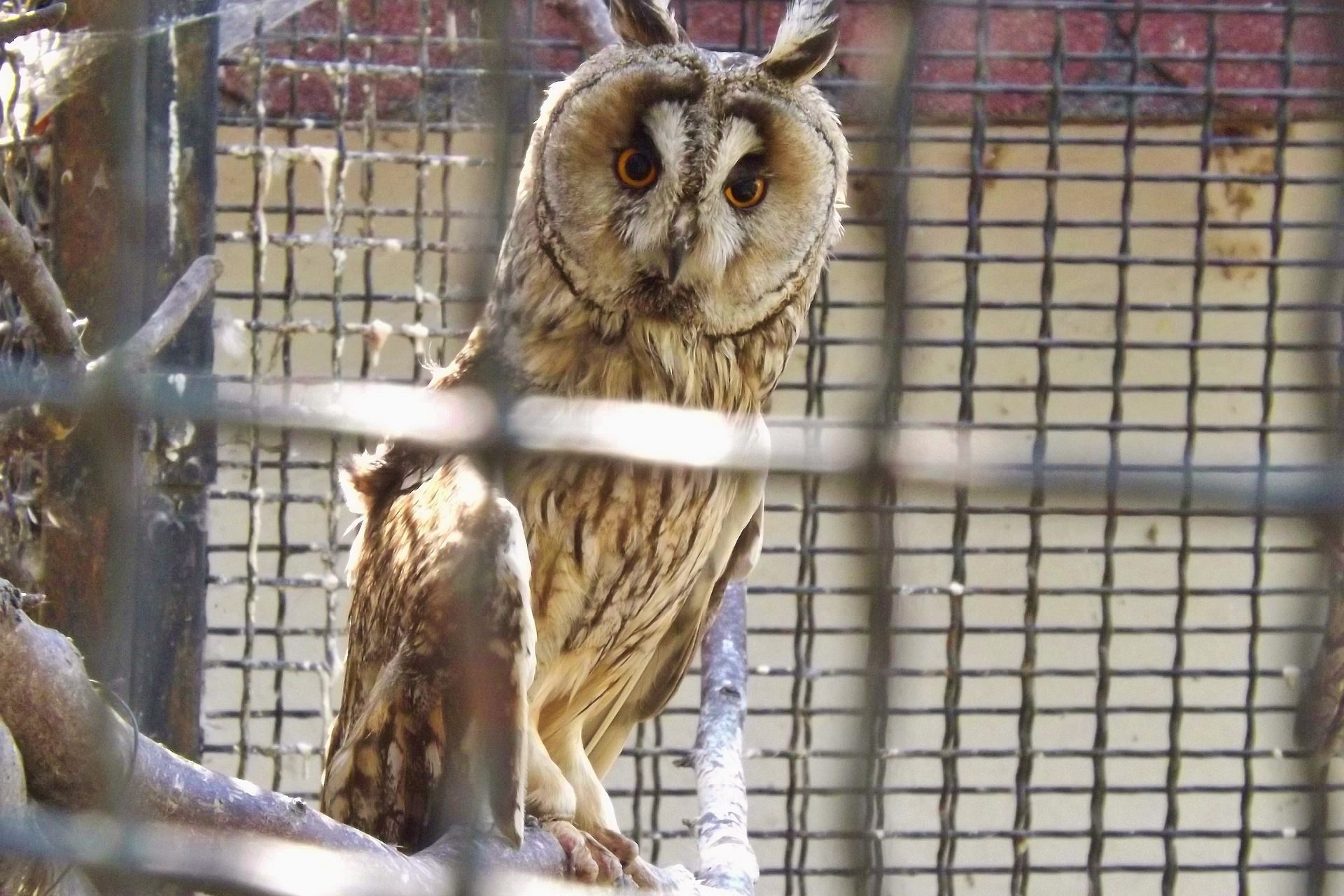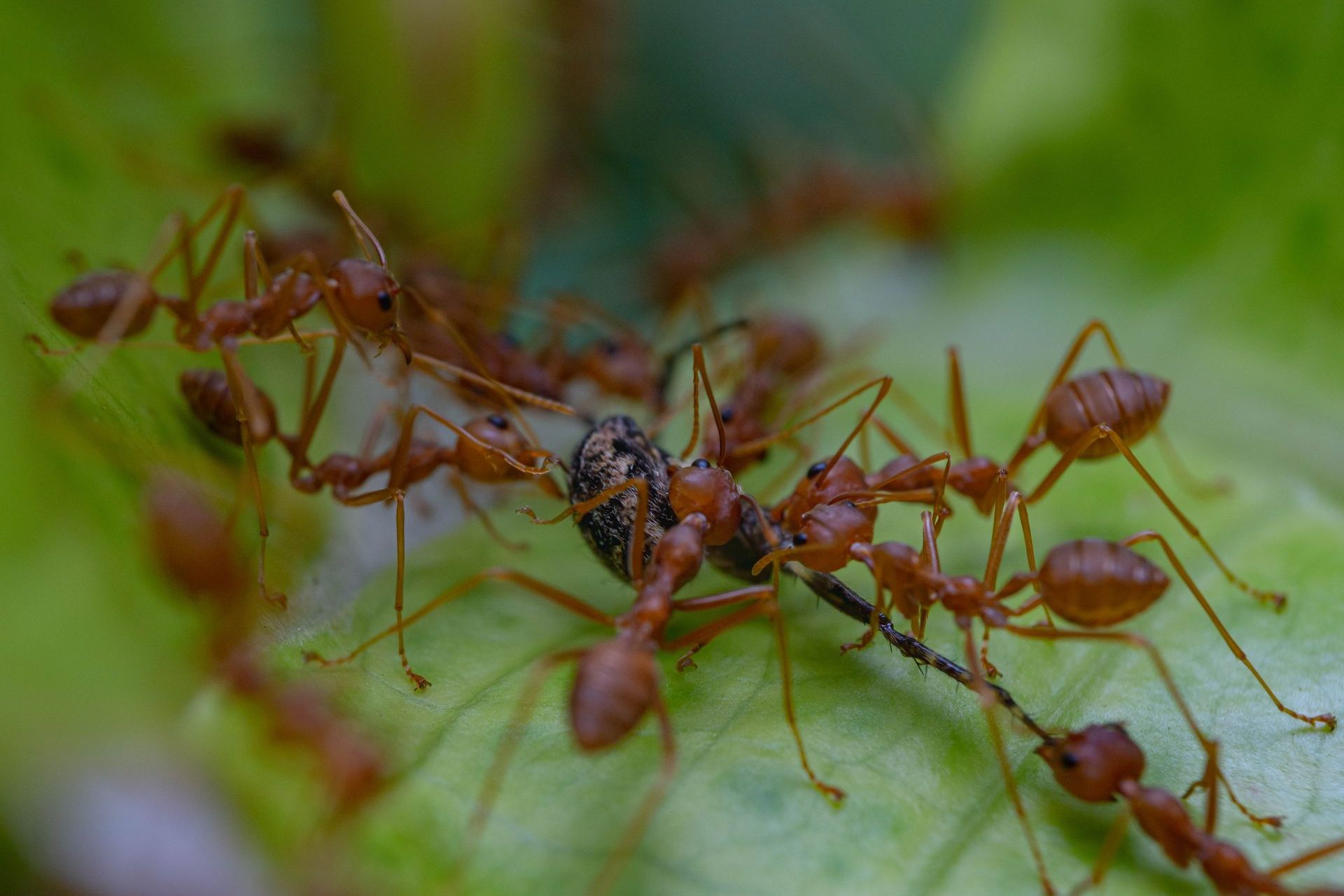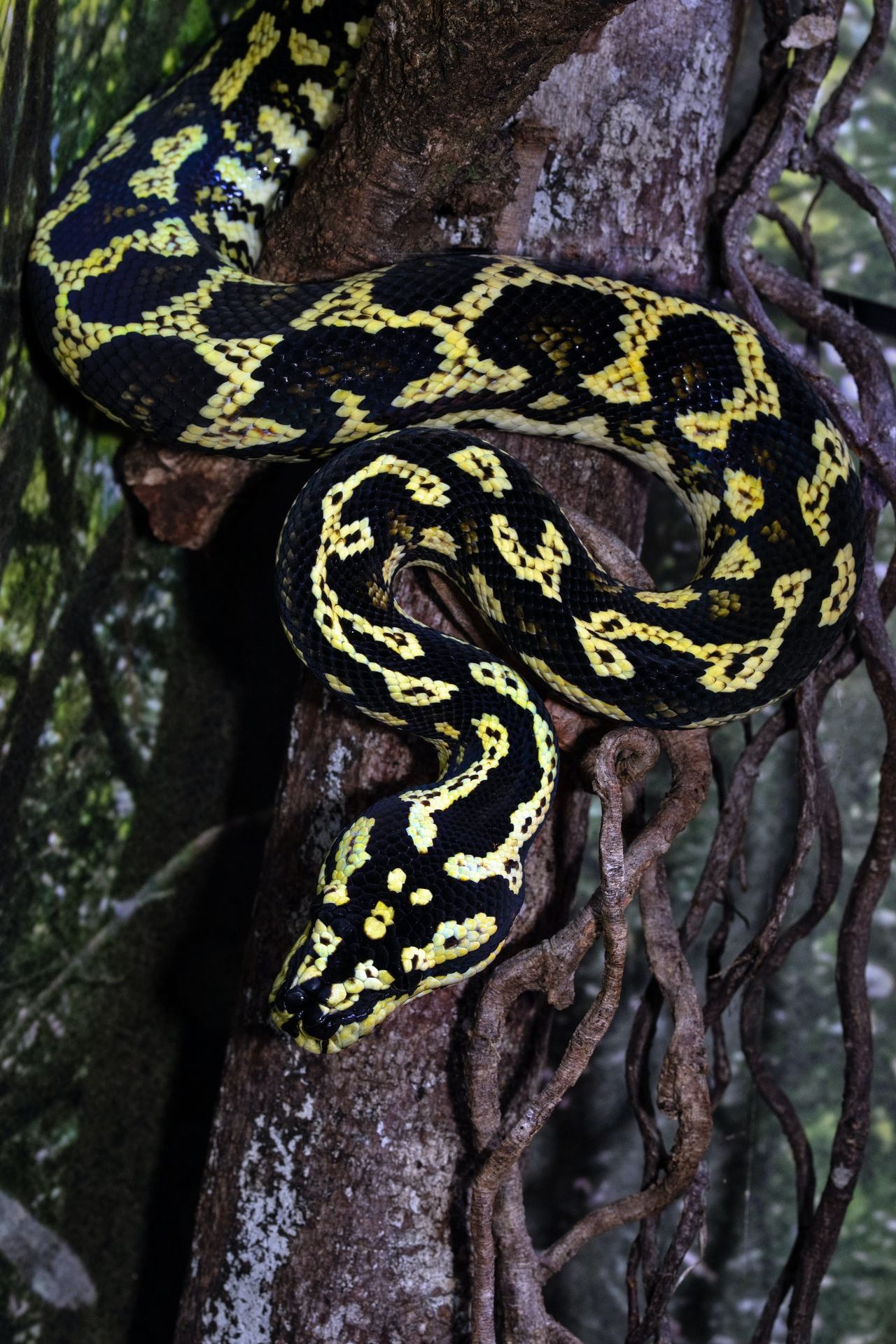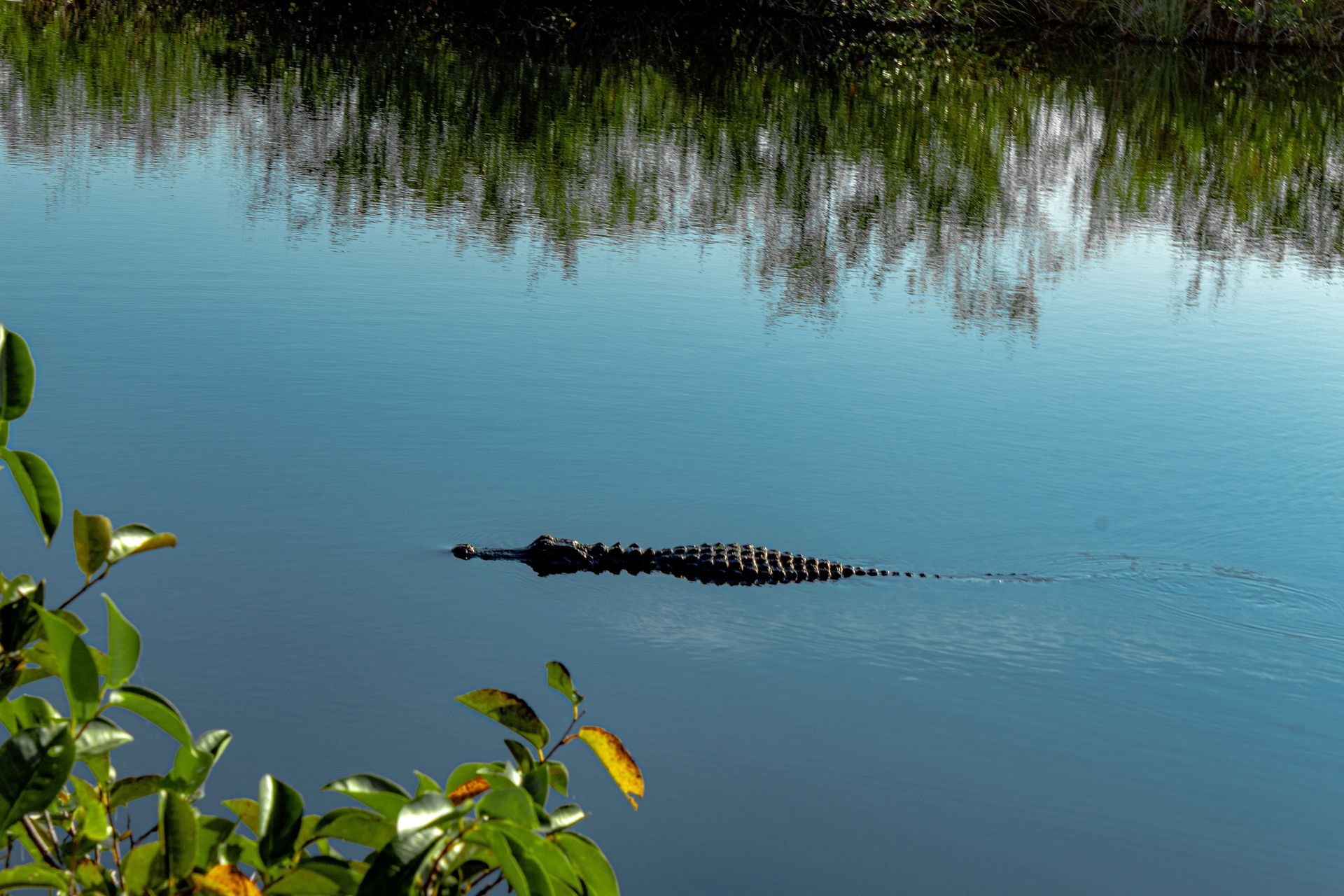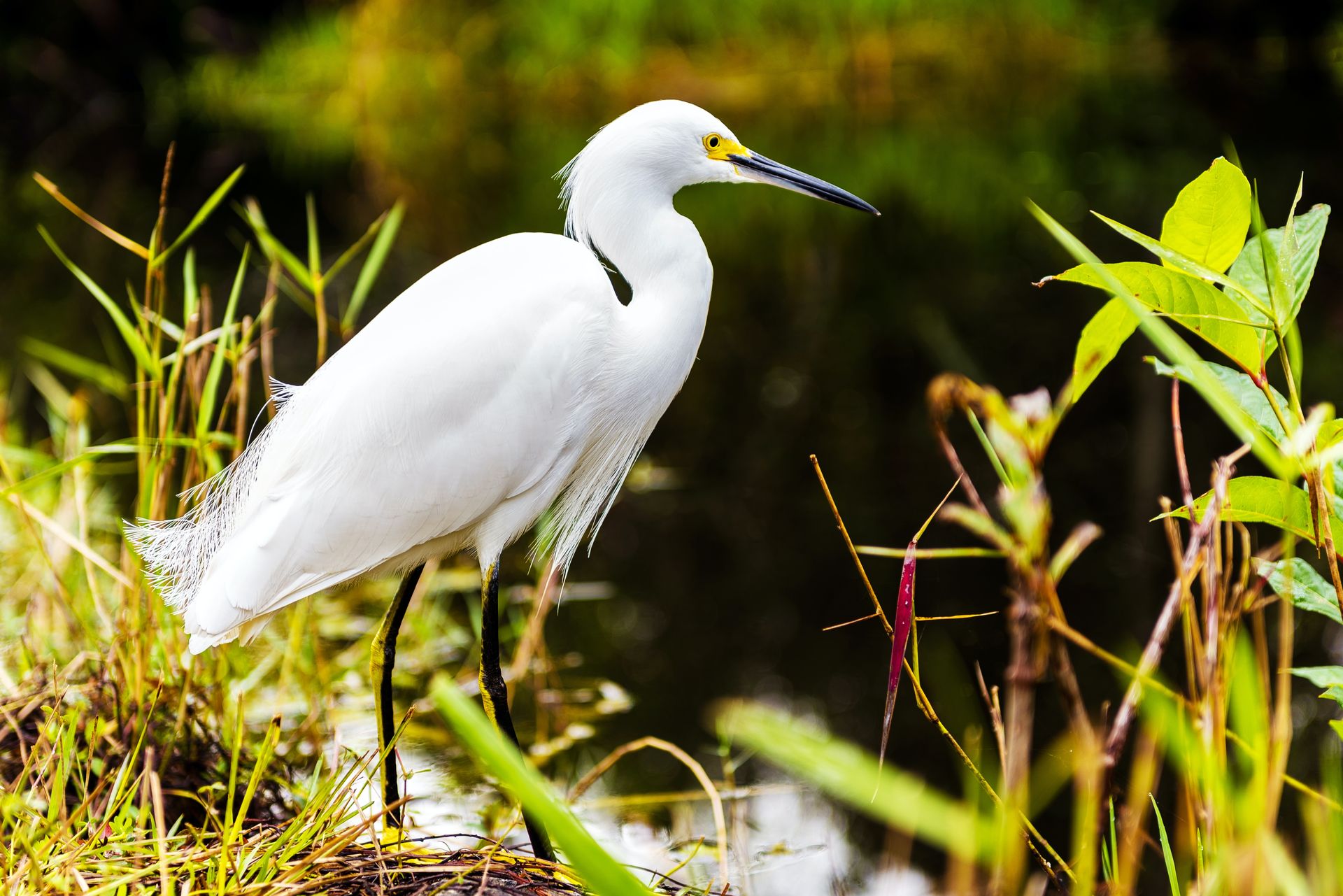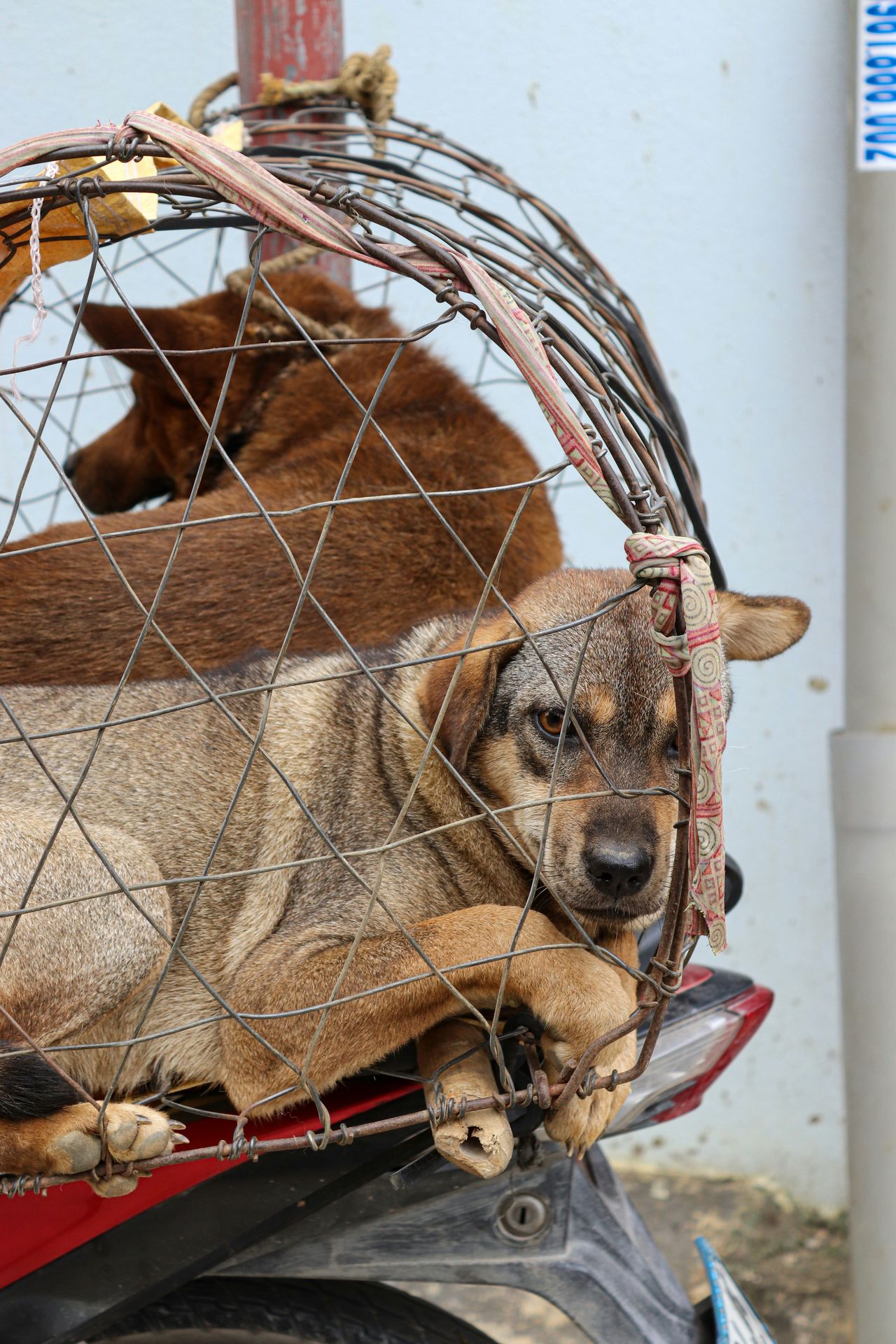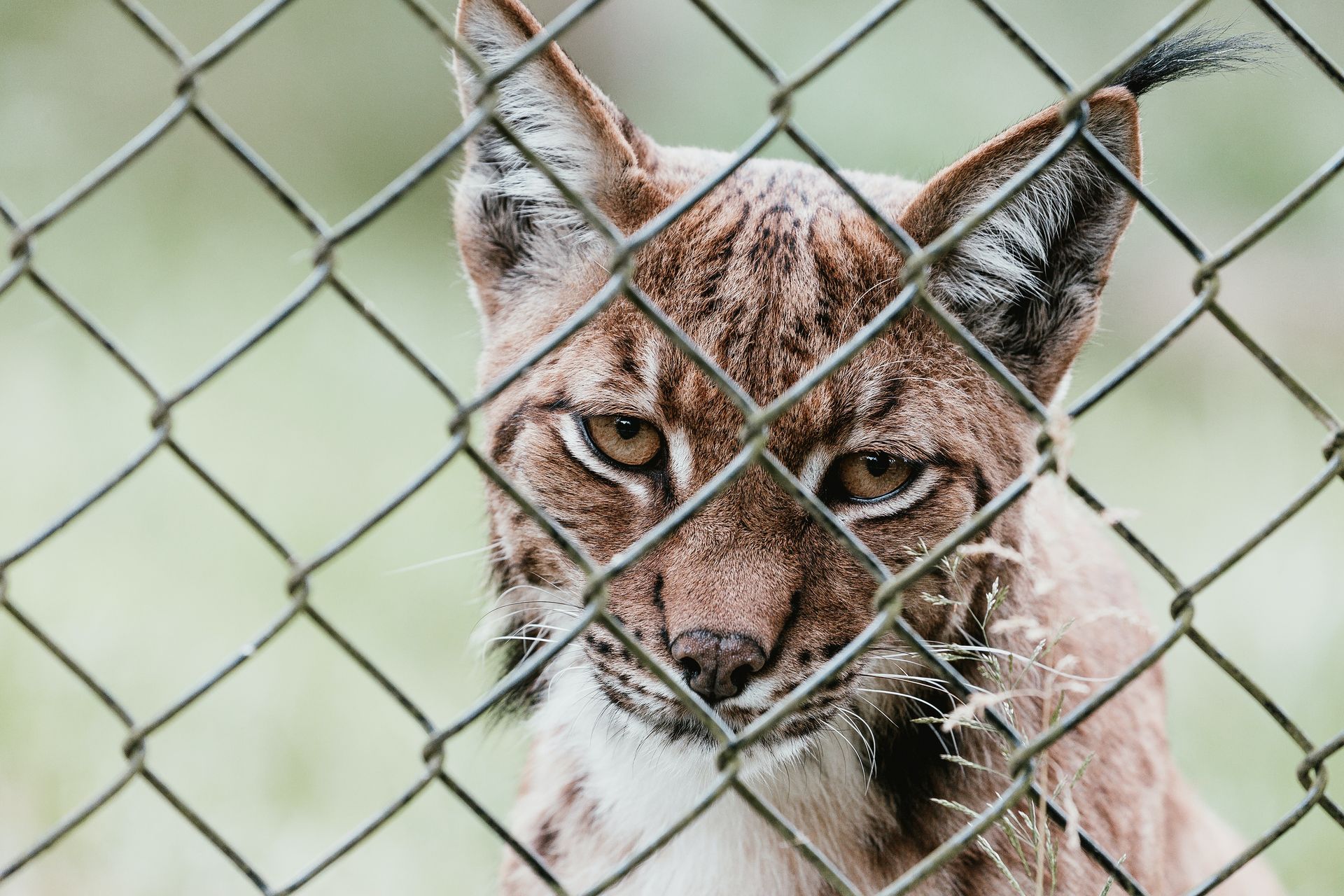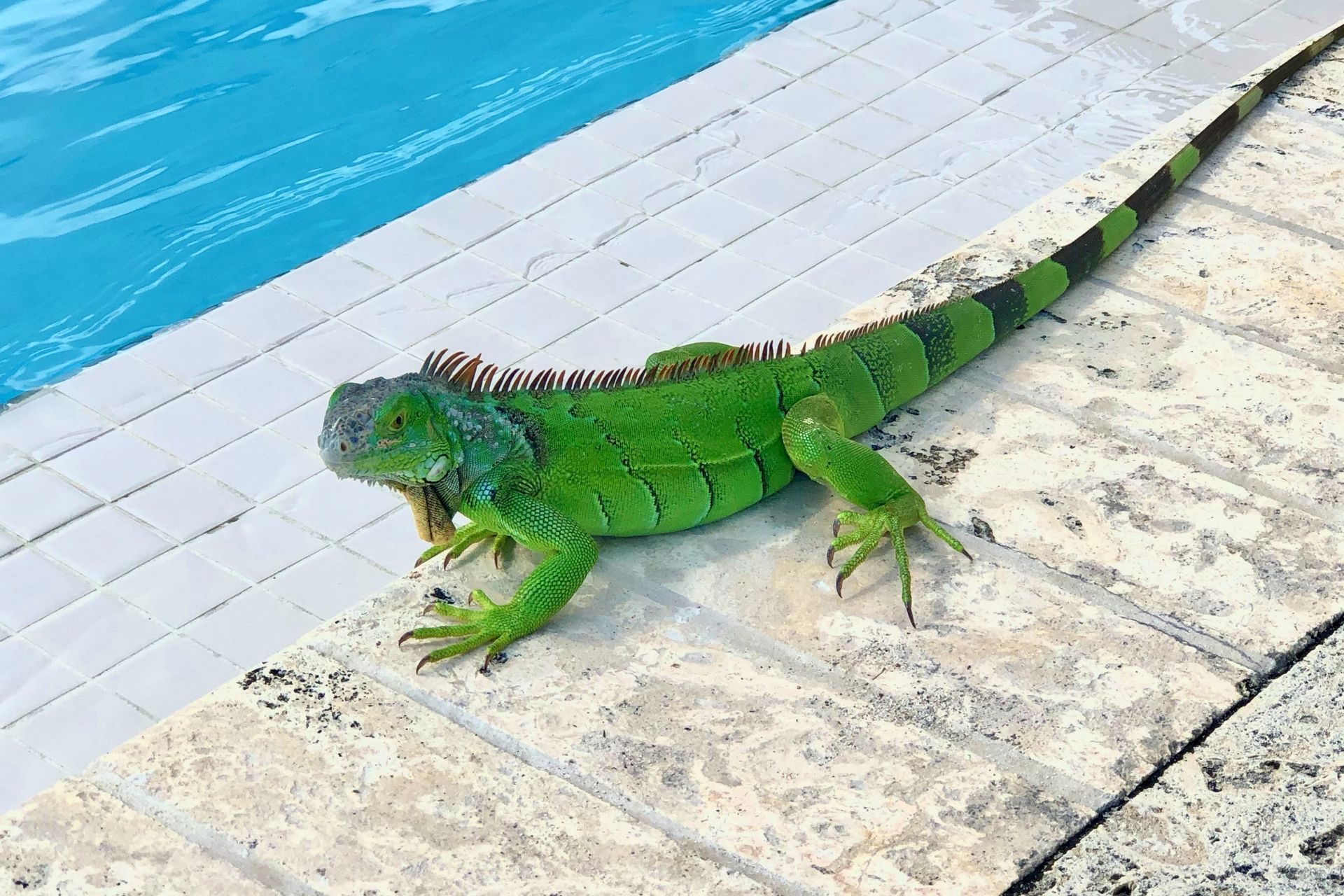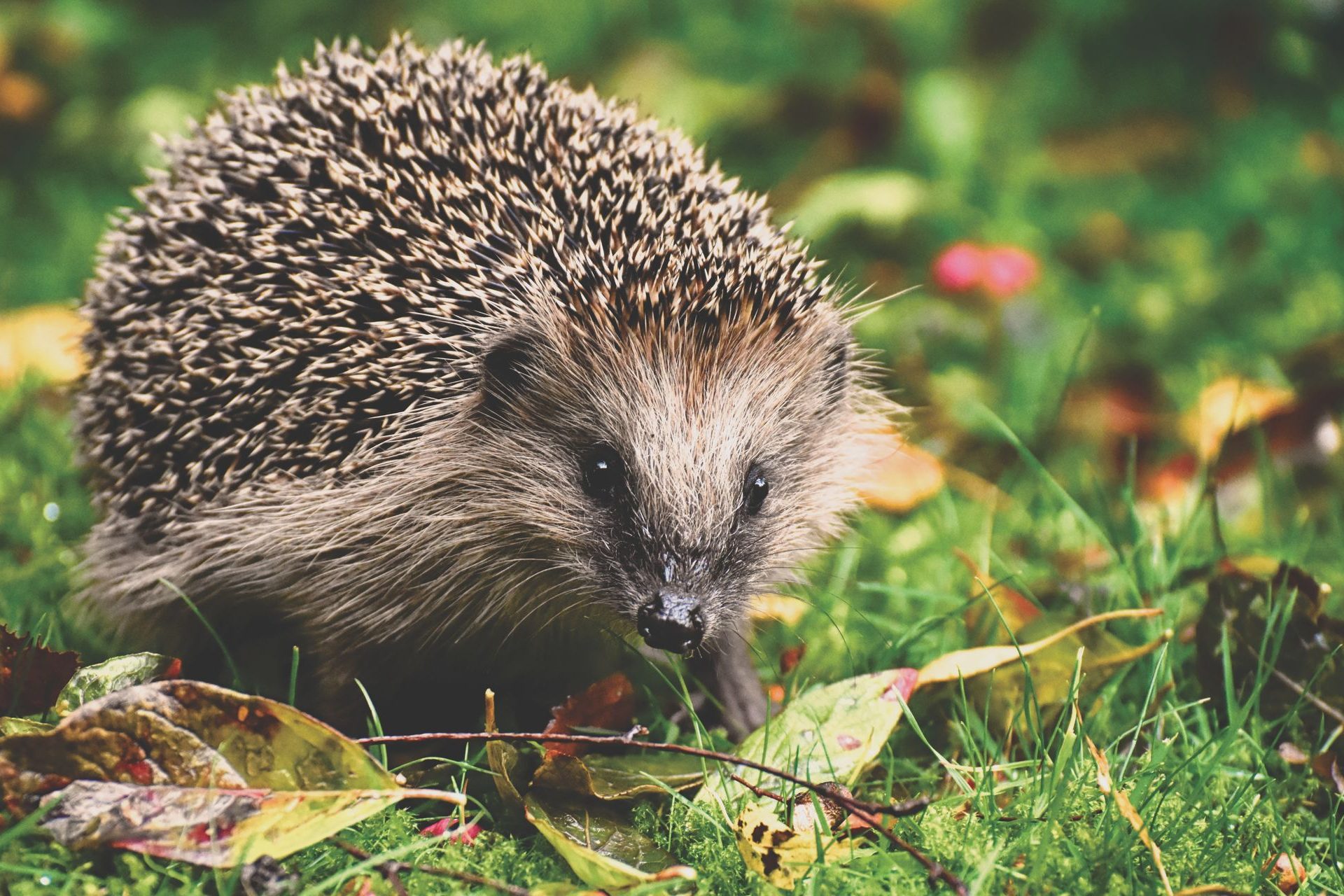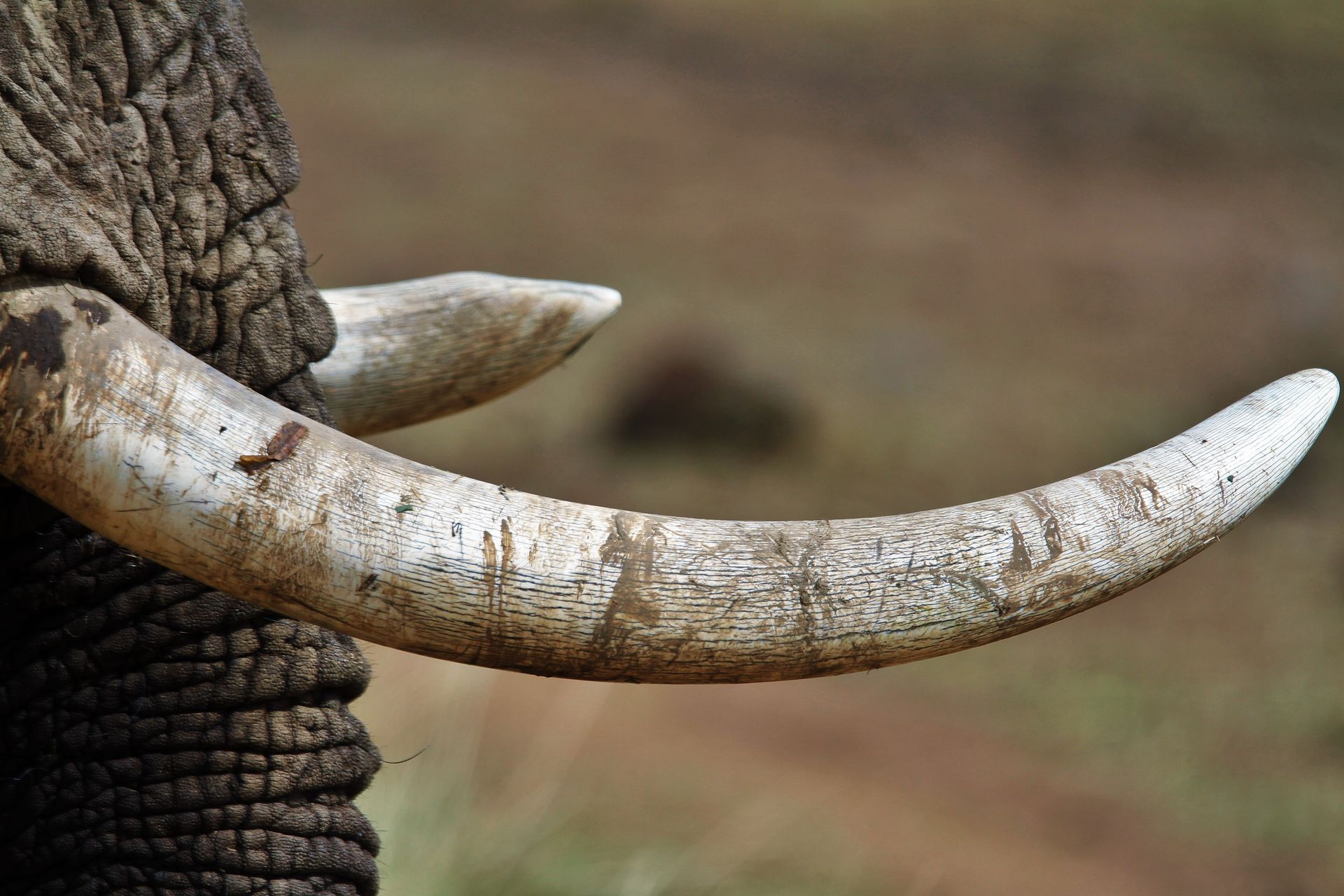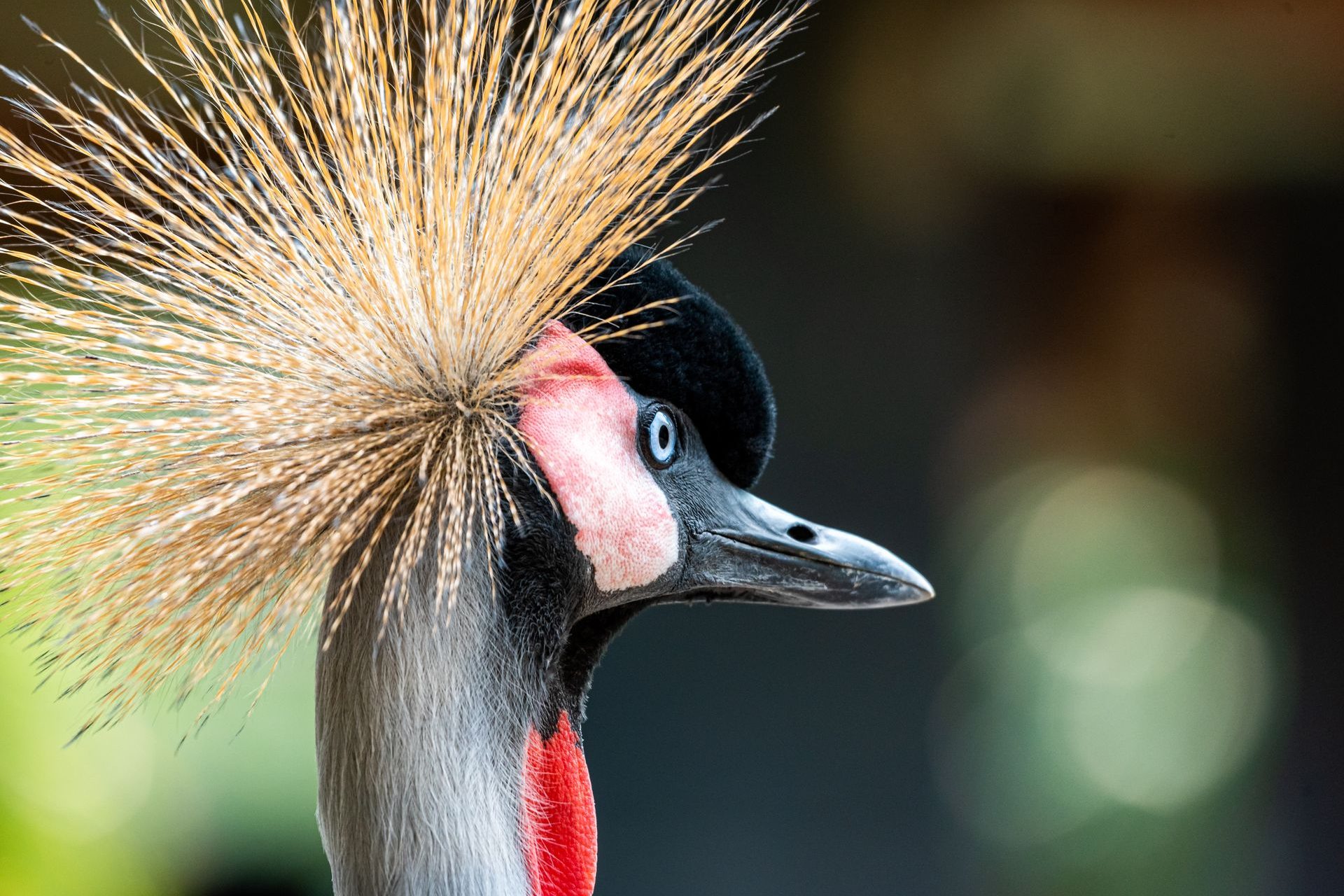Forbidden and risky: the dangers of having an exotic pet
Some exotic animal species are heavily trafficked, particularly because many people want to have a specimen at home.
However, beyond the possible danger for the owner, the importation of certain wild species presents multiple dangers. Click on to read about the dangers and problems of owning a forbidden pet.
@Jason Hafso / Unsplash
In reality, as the French magazine 'Géo' indicates in an article devoted to the subject, this practice represents a threat to biodiversity as well as to human beings.
@Uriel Soberanes / Unsplash
According to a recent report from the Intergovernmental Platform on Biodiversity and Ecosystem Services (IPBES), no less than 37,000 species of animals, plants and other living organisms have been introduced by humans into an environment that is not theirs.
@Nathan Cima / Unsplash
Of these, 3500 have become invasive alien species "seriously threatening both their novel ecosystems and nature's contributions to people's health and well-being", as the document states.
First of all, these imported species are one of the five most important factors in the extinction of other species, along with pollution and climate change, among others.
As recalled by the International Fund for Animal Welfare (IFAW), invasive alien species have contributed to around 60% of listed species extinctions.
@Thomas Kelley / Unsplash
The harm to health is also significant, because these animals can carry zoonotic diseases that are sometimes fatal.
@Marino Linic / Unsplash
Between health damage, the impact on crops or livestock, and the possible contamination of water or food reserves, the overall economic bill for exotic species has been estimated by the IFAW at $423 billion in 2019.
In a press release, this association indicates that it considers "as an exotic pet any non-domesticated wild animal kept as a pet", often captured in the natural state, bred in captivity and sold in another region of the world.
@Zoltan Tasi / Unsplash
Owners are rarely able to care for undomesticated and unfamiliar species. The consequence ? Many animals are released or manage to escape.
@Uta Scholl / Unsplash
“The escape or release of exotic animals into the wild is one of the main means by which exotic species establish themselves in new environments”, in which they harm local ecosystems, indicates the IFAW.
@Oktavianus Mulyadi / Unsplash
The organization gives some prominent examples, such as Burmese pythons, which "are native to Southeast Asia but have become a popular pet in Florida."
@David Clode / Unsplash
Some of them have escaped, and thousands of pythons now live in the Everglades in Florida where they compete with local animals while preying on endangered species.
@Jonathan Martin Pisfil / Unsplash
Capturing wild animals also unbalances their native ecosystem, undermining efforts to conserve them in place.
@Alex Shutin / Unsplash
The capture and trade of wild animals is regulated by the Convention on International Trade in Endangered Species of Wild Fauna and Flora (Cites), also known as the Washington Convention.
@Nathan Cima / Unsplash
The treaty provides for the protection of around 6,000 species by prohibiting the capture, purchase and sale of these animals, but also the intentional disruption of the ecosystems where they live.
@Andy Holmes / Unsplash
However, Western countries remain major importers of wild species. The publication 'Ouest France' indicates for example that more than 20 million green iguanas have been imported to the United States since the creation of Cites, and that 800,000 households have a snake in this country.
@Cindy Williams Moore / Unsplash
In France, Cites is applicable and several species cannot be captured or kept, such as hedgehogs, squirrels, bears or black salamanders. The penalties are up to three years' imprisonment and a fine of 150,000 euros.
@Alexas Fotos / Unsplash
In Canada, which also applies Cites, the rules will be tightened from January 2024 regarding products of animal origin: ivory objects from elephant tusks or made from rhino horns, hunting trophies, etc.
@Pawan Sharma / Unsplash
However, the absence of many species from the Cites list and the application of different rules from one country to another make controls difficult. Hopefully, global awareness will take place as soon as possible!
@Ivan Botha / Unsplash
More for you
Top Stories



